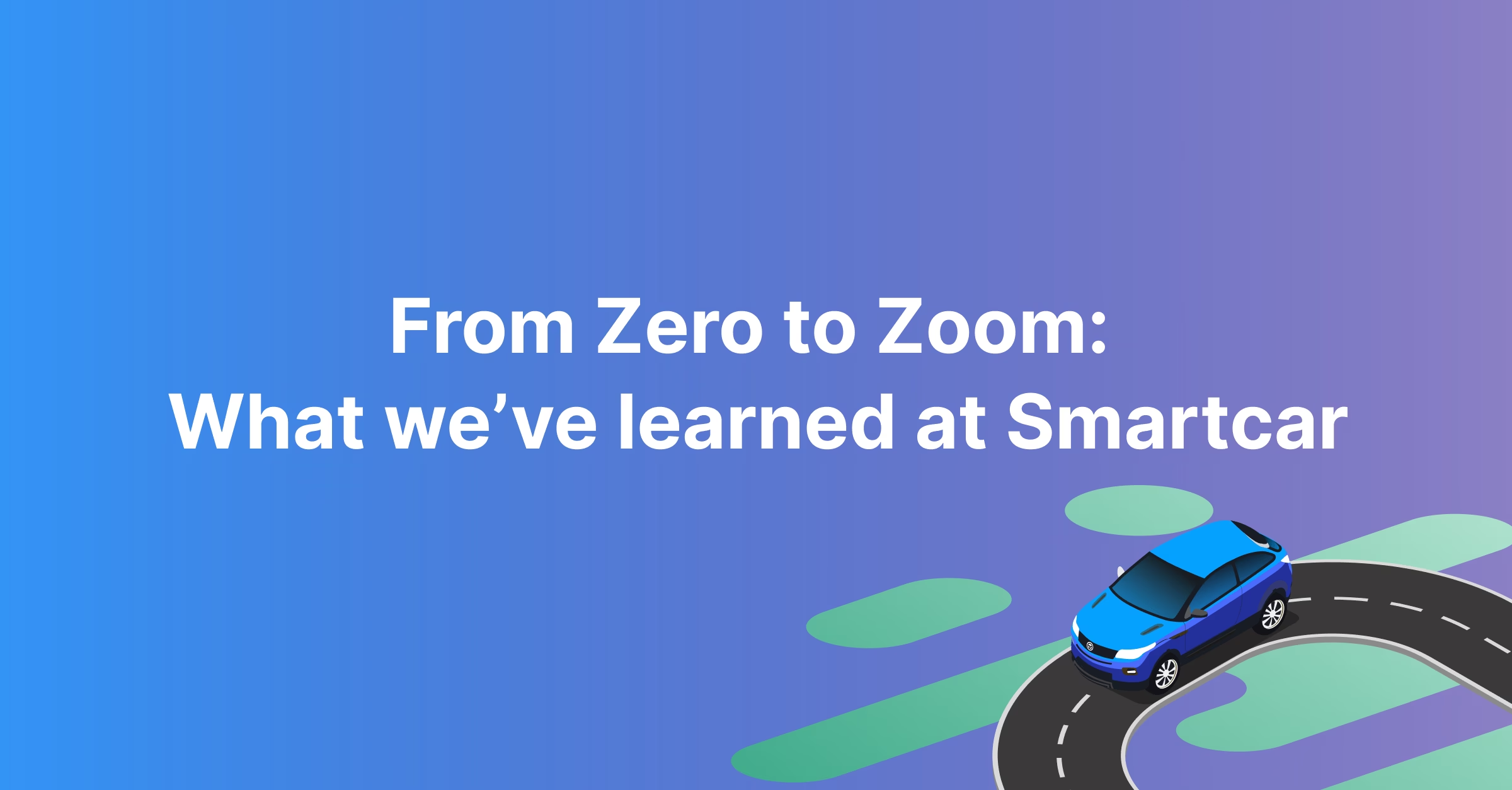Send Destination
API
Leiten Sie Fahrer zu Ihrem Unternehmen weiter, wenn es darauf ankommt
Bringen Sie mehr Kunden an Ihre Unternehmensstandorte, indem Sie ein Ziel direkt an den integrierten Navigationsbildschirm eines Fahrzeugs senden. Mit der Send Destination API können Sie Kunden anhand bestimmter Fahrzeugauslöser zum richtigen Zeitpunkt weiterleiten.


Ziel senden
Senden Sie die Zielkoordinaten an das Navigationssystem des Fahrzeugs.
Eigenschaften des Produkts
kompatibel mit 39 Automarken
Benutzerfreundlicher Zustimmungsfluss
Funktioniert mit Fahrzeugen von 2015 und neueren
Vertrauenswürdig und sicher
Zugriff auf Live-Fahrzeugdaten
SDKs für Go, Java, Node.js, Python und Ruby
Verwandte Branchen
Ladenetzwerke für Elektrofahrzeuge
Geben Sie in Ihrer App geschätzte Ladezeiten, automatische Ladepläne und die Reiseplanung für Elektrofahrzeuge an.
Dienste auf Abruf
Bitten Sie Ihre Kunden, einen Wartungstermin zu vereinbaren, wenn das Motoröl ihres Fahrzeugs das Ende der empfohlenen Lebensdauer erreicht hat.


.jpg)

